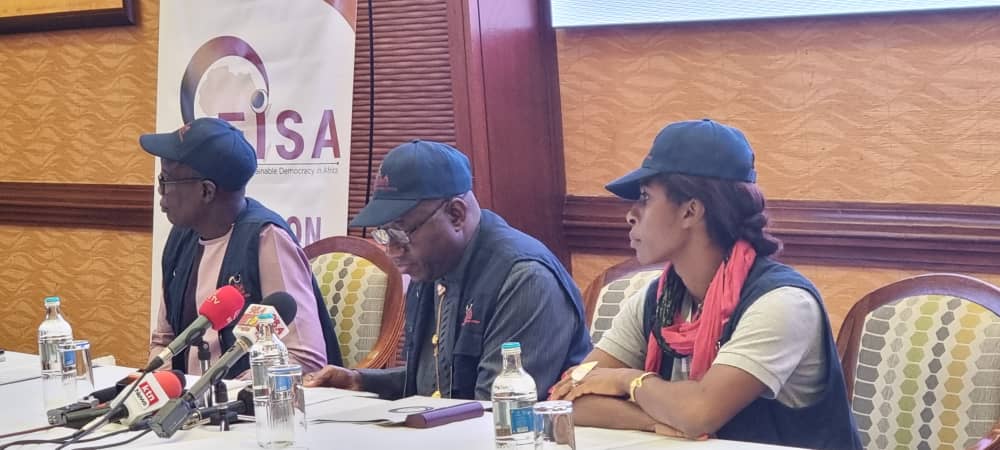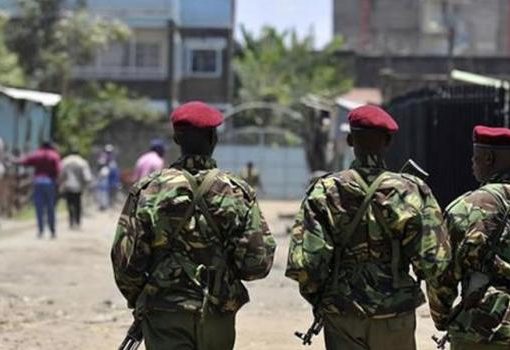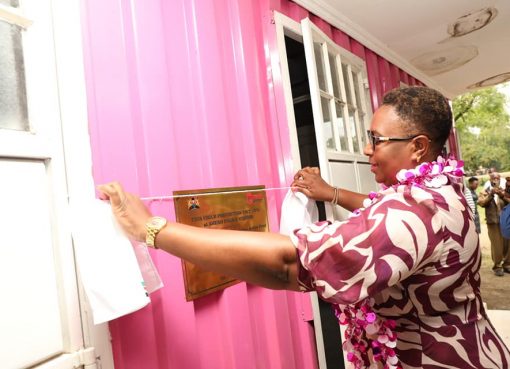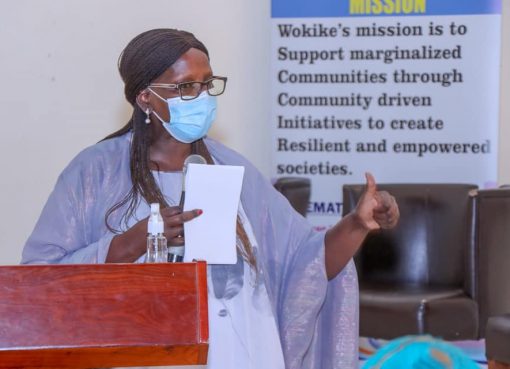The Electoral Institute for Sustainable Democracy in Africa (EISA) has commended the Independent Electoral and Boundaries Commission (IEBC) for having carried out Mass Voter Registration (MVR) in 2021 and in 2022 with a target of registering six million new voters nationwide.
Speaking from a Nairobi hotel yesterday, former Nigeria president, Goodluck Jonathan, who is also EISA mission head, pointed out that the number of registered voters was noted to have increased from 19,611,423 to 22,120,458 equivalent to 12.79 percent.
Jonathan said that they deployed 12 observer teams from the 5th to 10th of August 2022 to seven regions and 10 counties that is Nairobi City, Kakamega, Kiambu, Kitui, Kwale, Makueni, Nakuru, Nandi, Nyamira and Uasin Gishu.
“On election day, EISA observed all the voting procedures from the opening of polls to counting of votes in a total of 187 polling stations sampled were proper, prior to their deployment to the counties,” said Jonathan.
He explained that the vast majority of polling stations visited opened on time, with only few that opened half an hour to an hour late due to preparations by polling staff, late arrival of polling clerks, election materials and agents.
Jonathan stated that following the MVR, the IEBC managed to register 22,120458 voters of which 10,400 were in diaspora namely; Tanzania, Uganda, Burundi, South Africa, South Sudan, Germany, United Kingdom, Qatar, United Arab Emirates, Canada and United States of America.
“EISA noted that Kenya’s legal framework for elections largely gives effect to regional and international standards for elections. This includes the right to vote and to be voted for, the right to free and fair elections, an independent electoral body and fundamental freedom that allow for free will of citizens to be expressed such as expression and association,” said Jonathan.
Jonathan noted with concern that the legal framework for elections in Kenya does not provide a cap on campaign financing which has the potential to fuel election malpractices such as bribery and vote buying.
Jonathan said that the mission observed secrecy of the votes that was guaranteed in almost all the polling stations visited.
“In almost all the stations, voters were required to present valid identification documents which were verified using Kenya Integrated Election Management System kits,” noted Jonathan.
“The mission observed that in some few stations visited, voters were not allowed to vote due to; technical failure of the voter verification system, being at the wrong station and not providing required identification,” he stated.
Further, he said the mission observed that manual voter register was used in instances where voter verification machines failed to work with the approval of the IEBC.
He cautioned that Covid-19 protocols were not strictly applied and enforced in polling stations visited.
The EISA mission head noted that results were not instantly transmitted because of a dispute on the number of votes cast which did not match the number of counterfoils after verification by the polling personnel.
“With the election results transmission and management process still going on, the Mission encourages political leaders, with their supporters, and Kenyans to remain peaceful throughout the final stages of the process for the sake of community, cohabitation, social cohesion and peace,” said Jonathan.
By Rita Muthoni





